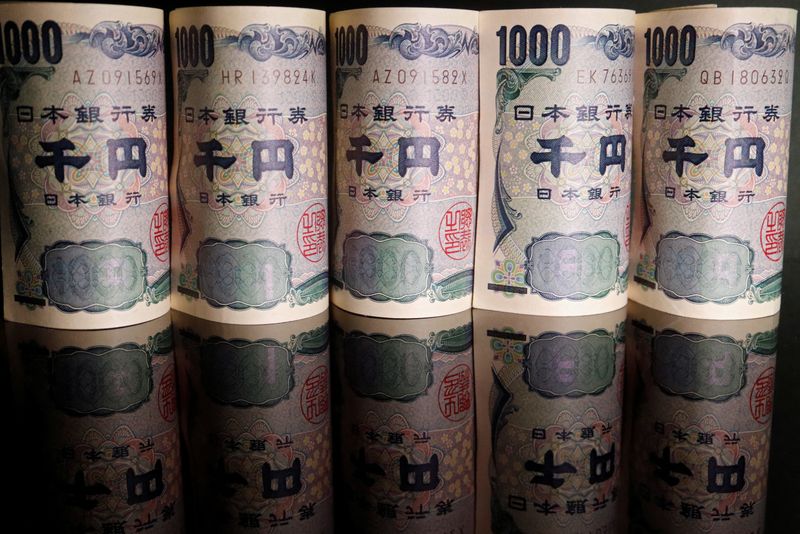By Yamazaki Castle
Tokyo (Reuters) – Japanese companies’ investments in plants and equipment surged in the first quarter, led by industries focused on domestic demand, but the major export sector reduced spending at signs that US tariffs are undermining business confidence.
Capital expenditures for January to March increased 6.4% to 18.8 trillion yen ($130 billion), according to Treasury data on Monday. Previous records were set in 2007.
However, business investments were patchy, immersing 0.2% in the last quarter, recording the first decline in nearly four years.
On a seasonally adjusted basis, capital expenditures rose 1.6% over the quarter.
“Capit expenditures are driven by sectors that benefit from domestic sales thanks to price hikes and inbound tourism, such as hotel construction,” said Takeshiminami, chief economist at the Noricchukin Institute.
Food sector spending rose 13%, while the real estate sector increased 11%. However, spending by the automotive sector fell by 1.4%, while spending by manufacturers of equipment at the factory fell by 4.1%.
“After Trump’s election victory in November, tariff threats have carefully transformed some of these companies into new investments,” Minami said.
The data is unlikely to have a significant impact on GDP figures revised on June 9, he added.
Preliminary GDP data showed last month that the Japanese economy contracted 0.7% annually in the first quarter, for the first time in a year due to consumer spending and export halts.
Capital expenditure, an important measure of domestic demand-driven economic growth, has generally been strong in recent years as companies spent on information technology to offset the chronic labor crunch that arises from the country’s rapid aging population.
Active spending is driven by rising profits for businesses. Data on Monday shows that business revenue rose 4.3% in the first quarter of the previous year and recurring profits rose 3.8%.
However, US tariffs are threatening automakers and other export-oriented Japanese companies that form the backbone of the economy.
Trump imposes 10% tariffs on most imports into the US and 25% collection on automobiles, steel and aluminum.
Japan also faces a 24% tariff rate starting in July, unless it can negotiate a deal with Trump.
According to estimates from the Japanese Institute, if all threatened tariff measures against Japan are all in effect, exports surrounded by the US will reach up to 6 trillion yen per year, narrowing corporate profits by up to 25%.
